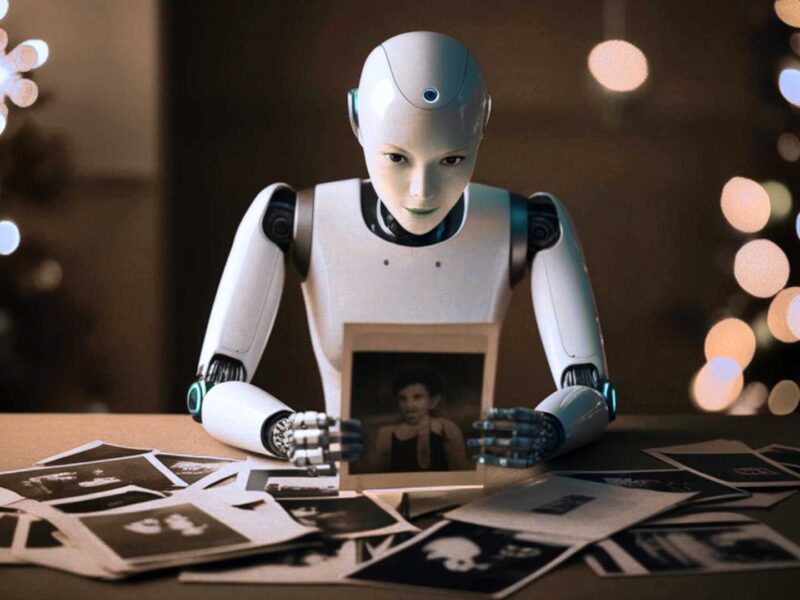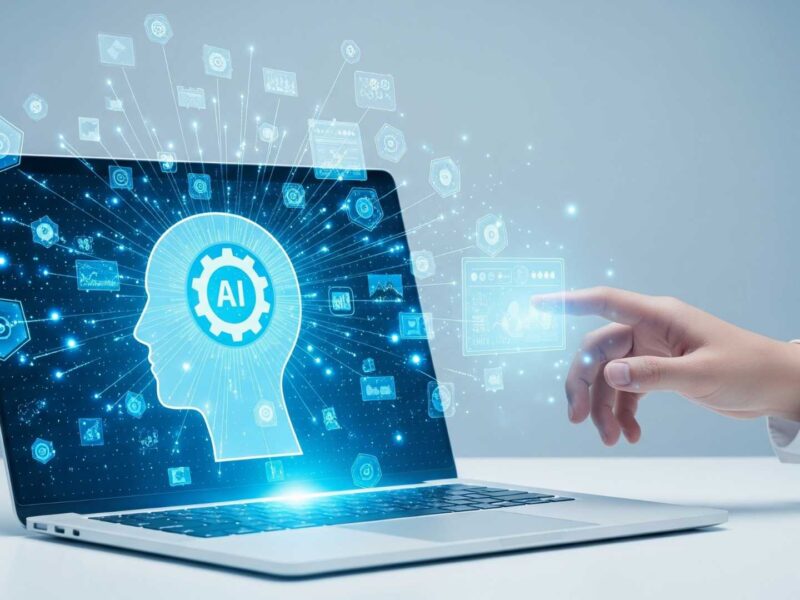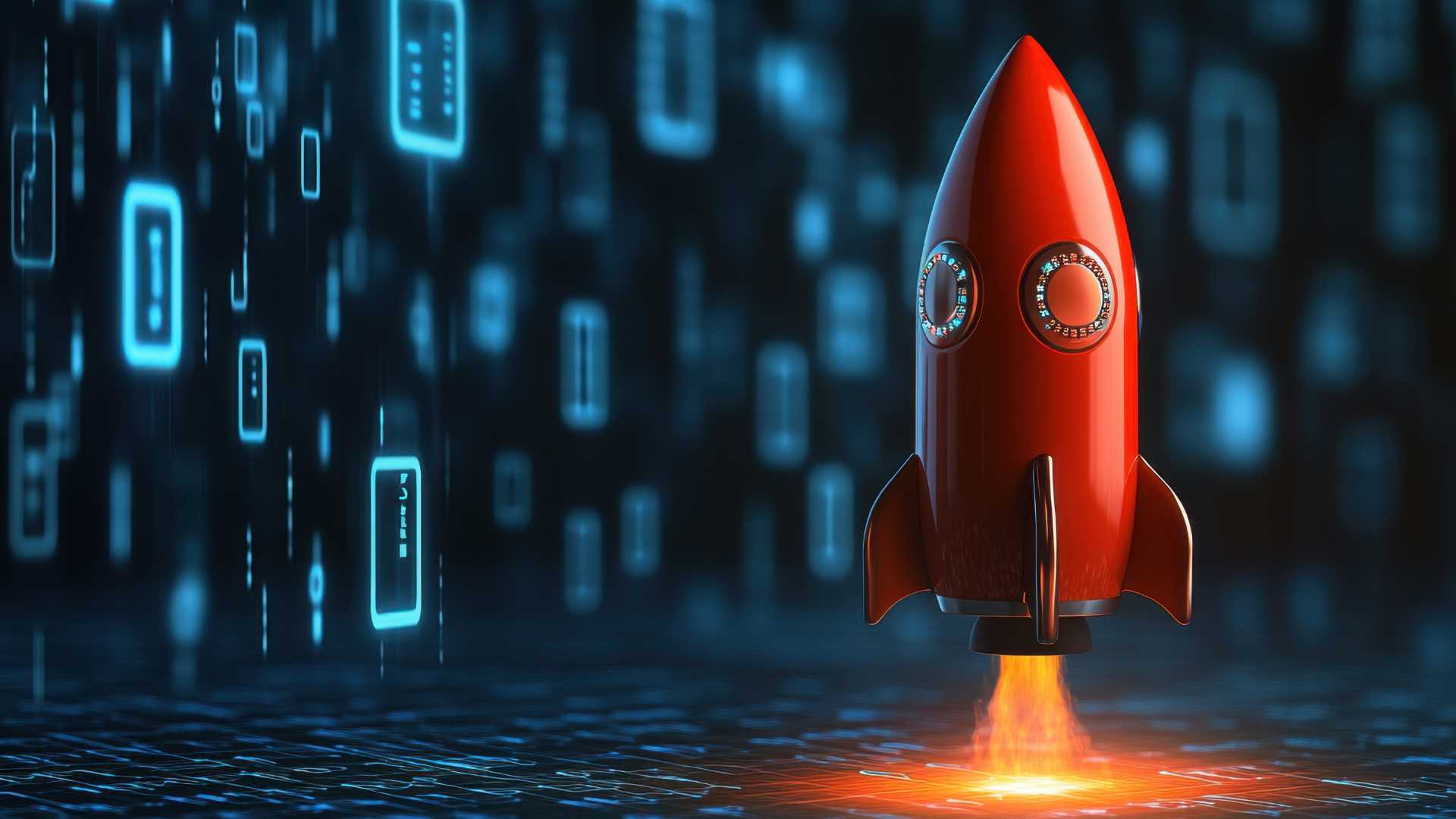The Human Edge: Jobs AI Won’t Transform
AI is really blowing up, and it’s got a lot of us wondering – and maybe even a little anxious – about what it means for our careers and entire industries.
These AI systems are getting incredibly smart, tackling tasks we once thought only humans could do, from writing content to crunching data and even automating complex jobs.
So, the big question is:
What roles, what skills, what human qualities will always be irreplaceable?
What can AI simply not do?
Well, this Techronicler article dives right into that. We’ve chatted with some top business leaders, visionary thinkers, and seasoned tech pros.
They’re sharing their insights on the specific jobs and human traits they believe AI can’t fully replicate, highlighting just how valuable things like empathy, intuition, real-world experience, and that deep human connection truly are in a world increasingly powered by algorithms.
Read on!
Client Strategists Decode Business Needs Beyond AI
One role I don’t see AI replacing ever is the role of a client strategist who truly understands business context, human behaviour, and how to translate messy, unstructured client needs into elegant, scalable WordPress solutions.
AI can generate code, pull templates, even suggest site structures, but it doesn’t know how to sit with a business owner who’s overwhelmed, struggling with legacy systems, or unsure of what they even need. It can’t read between the lines of what a client says and what they actually mean. It doesn’t know when to push back, when to listen, or how to balance performance, design, budget, and long-term sustainability in one cohesive solution.
That work takes intuition, empathy, and real-world experience.
At WP Creative, we’ve rescued enough AI-generated or drag-and-drop-built websites to know the value of human strategy. AI might help us move faster, but it’s not replacing the real brains and heart behind transformative digital projects.

Nirmal Gyanwali
Founder & CMO, WP Creative
Virtual CIOs Build Trust AI Cannot Replicate
I don’t see AI replacing us anytime soon as our vCIOs (Virtual Chief Information Officers).
At Diamond IT, this role is all about building long-term relationships, understanding the nuances of a client’s business, and crafting IT strategies that align with their goals. While AI can help analyze data or generate reports, it doesn’t have the context or emotional intelligence to sit down with a business owner and say, “Here’s where you’re vulnerable, and here’s how technology can help you grow.”
What makes the vCIO role irreplaceable is the trust factor.
Clients open up about challenges they wouldn’t share in a help desk ticket—things like budgeting concerns, leadership shifts, or growth plans. That insight helps us guide tech decisions in a way AI just can’t replicate. Until a machine can truly understand business nuance and human relationships, this role is safe.
Matt Mayo
Owner, Diamond IT
Pest Control Technicians Outsmart AI with Experience
In our industry, AI might help with scheduling or route optimization, but it’s not replacing the guy crawling in your attic to track down where the mice are getting in.
One role I don’t see changing is the technician in the field—especially the kind who knows how to spot subtle signs most folks would miss. You can’t train a robot to feel the soft spot in a wall where carpenter ants have tunneled through or to calm a nervous homeowner who’s afraid of wasps swarming their porch.
I remember a job in Kansas City where a family had been dealing with scratching in the walls for months. They’d tried DIY traps and gadgets, all of which failed. One of our techs walked in, followed the signs, and within 30 minutes found the entry point hidden behind an outdoor AC line. That kind of hands-on judgment and experience isn’t something AI’s going to replicate anytime soon. Not in a real crawlspace, not with real customers.

Joel Miller
President, Miller Pest & Termite
CEOs Lead With Human Intuition AI Cannot Match
Indispensable Human Element: Strategic Leadership
One role AI is very unlikely to fully replace, now or in the future, is that of a Chief Executive Officer (CEO) or similar strategic leader.
While AI can certainly enhance data analysis, forecasting, and even produce initial reports, it fundamentally lacks the human intuition, emotional intelligence, and nuanced judgment necessary for true leadership.
CEOs must manage complex interpersonal dynamics, inspire and motivate diverse teams, and make high-stakes decisions based on incomplete information and often ambiguous situations. These involve understanding company culture, anticipating human reactions, and exercising ethical judgment, all of which are beyond AI’s current capabilities.
AI can optimize processes, but it cannot create a vision, foster innovation through empathy, or build the trust necessary for successful organisational transformation. The human element of strategic direction and relational leadership remains irreplaceable.

Dhari Alabdulhadi
CTO & Founder, Ubuy Peru
Boat Captains Navigate Waters AI Cannot Chart
One job in our world that AI hasn’t touched, and I don’t see it replacing anytime soon, is being the captain of the boat.
AI can help with navigation tools, track weather patterns, or maybe even monitor marine life trends. But it can’t make real-time judgment calls when conditions change or when a kid on board drops their snorkel gear over the side. It can’t spot dolphins out of the corner of its eye or read a family’s vibe to know when it’s time to head back or stay out a little longer.
Captaining is part skill, part instinct, and a whole lot of human connection. No software can replace experience, gut decisions, or the kind of memory-making magic we create on the water.
Creative Directors Spark Ideas Beyond AI Capabilities
In our world, web design, UX, strategy, the one role that AI still hasn’t cracked, and likely won’t, is creative direction. Not just picking colours or generating mockups, but true creative leadership. The kind that understands nuance, reads between the lines of a client brief, and brings a big idea to life in a way that feels fresh, relevant, and emotionally spot-on.
AI can generate. Sure. But it can’t listen the way a human can. It can’t sit in a meeting, pick up on hesitation, shift tone mid-presentation, or push back with a better concept rooted in instinct and experience. Those moments, the ones that shape brands, unlock visions, and win pitches, come from people. People who’ve lived it. Who gets it?
So while AI might speed up production, automate tasks, or assist with brainstorming, the soul of the work, the creative spark, still comes from a human. And that’s not changing any time soon.

JM Littman
CEO, Webheads
Digital PR Builds Relationships AI Cannot Forge
One of the functions in our organisation in which AI has not yet had a significant effect that I do not believe will significantly change is relationship-based digital PR and outreach.
Although AI could help with the initial prospecting, drafting emails, and general customizing, creating a relationship with journalists, bloggers, and site owners based on trust and mutual understanding is something that you cannot build with AI.
Editors will see through rehearsed, robotic outreach in a mile. What works is situationally conscious, relationship-based communication, showing an actual understanding of an individual or publication that you are contacting.
The most effective links and media opportunities in our industry are all built on trust, which develops over time through chats, referrals, and word-of-mouth reputation for quality. Such subtlety of language, understanding, and nurturing of relationships on a long-term basis is what AI cannot reproduce. It has nothing to do with size, but instead nicety, tactical use of people, which is the essence of digital PR, and will remain so during the foreseeable near future.
Professional Drivers Deliver Experience AI Cannot Provide
One job at LAXcar that straight-up refuses to be taken anywhere by AI — perhaps will never be — is one of our professional drivers.
Though AI can help with routing, scheduling, and in-car personalization, it can never replicate the qualities our customers most love about us: discretion, emotional intelligence, and in-the-moment judgment.
Our chauffeurs are catering to the wealthy businessmen and VIPs who demand more than simply a ride; they demand a quiet, safe, and high-end experience.
It’s the interpersonal nuance that you can’t automate, whether it’s navigating a tough conversation or recalibrating on the fly amid chaos at the event. In a service, based on trust and professionalism, you can’t beat the personal touch.

Arsen Misakyan
CEO & Founder, LAXcar
High-Stakes Leadership Decisions Remain Human Domain
One role that AI has not significantly impacted and is likely to remain relatively unaffected in the foreseeable future is leadership focused on high-stakes, long-term decision-making.
These leaders often make decisions with incomplete information, relying on experience, judgment, and intuition in ways that are not easily codified or replicated by AI.
Leadership at the highest level is about inspiring people, navigating complex relationships, managing risk, and maintaining stakeholder trust, all deeply human-centric and context-sensitive. Ultimate responsibility for decisions (legal, moral, strategic) still falls on human leaders, which constrains delegation to AI.
AI may support these leaders with data, forecasts, and simulations, but the final decision-making and ownership remain human-driven.

Kanish Manuja
Principal Engineer, Twilio Inc.
On behalf of the Techronicler community of readers, we thank these leaders and experts for taking the time to share valuable insights that stem from years of experience and in-depth expertise in their respective niches.
If you wish to showcase your experience and expertise, participate in industry-leading discussions, and add visibility and impact to your personal brand and business, get in touch with the Techronicler team to feature in our fast-growing publication.












